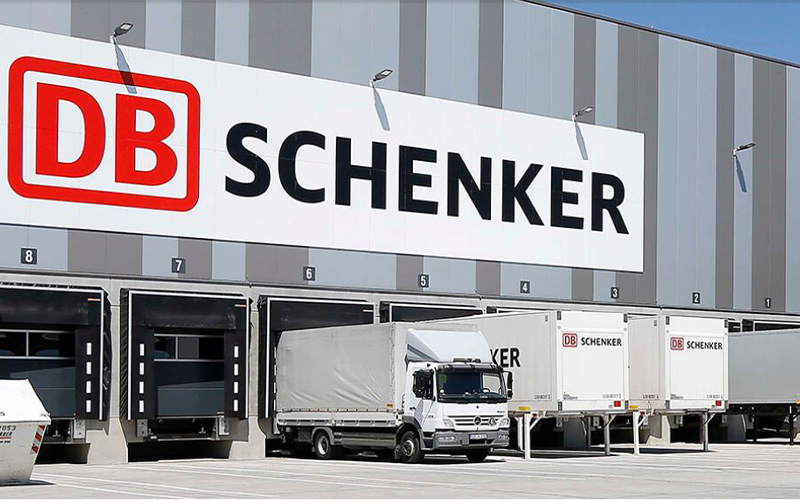
DB Schenker in Nuremberg: From theory to practice – processes in implementation
DB Schenker, the world’s leading provider of global logistics services in the field of contract logistics and supply chain management, looks after the handling of goods and storage for its customers. At the Nuremberg site, DB Schenker coordinates full operations within the central warehouse for a customer in the electrical industry. LOGSOL GmbH supported DB Schenker in Nuremberg over a period of more than two years. The joint project was shaped by extensive tasks such as the design of the future processes up to the implementation.
From process analysis to ramp-up of up to 6,000 items/day on over 10,000 sq. m
After LOGSOL was designated to carry out the management of the tender, it was possible to start the process analysis sub-project on this basis. After preparation of the available process and material master data, the concept check followed. The definition of very specific project premises paved the way for implementation and start-up support. Before the project could move into the implementation phase, the project goals were worked out in various process workshops. Special attention was here paid to the main topics of the future (IT) process landscape. Through active exchange, a common understanding was achieved with DB Schenker and its customers so that the defined project goals could be implemented efficiently.
The project was divided into four stages:
- Definition of the future process landscape
- Development of a sustainable logistics concept
- Creation of a specification sheet, also for IT
- Implementation support, as well as start-up support
The planning stage served as the basis for the later implementation and already identified some challenges within the project. This phase included the development of a future logistics concept and the subsequent scenario assessment. The concepts created were evaluated in close coordination with DB Schenker. Another important focus of LOGSOL was the creation of a specification sheet, also for IT. For this purpose, all processes – some of them running in parallel – were mapped in detail. On this basis, it was possible to work out the start-up planning in detail.
With the definition of the start-up planning, LOGSOL was able to start the final project phase after 10 months. The coordination and execution of SAP tests took on a crucial role. The multiple and, at the same time, extensive tests are of great importance for successful implementation, as this allows possible sources of errors to be analyzed before start-up and subsequently eliminated. This sort of approach can ensure a smooth start-up.